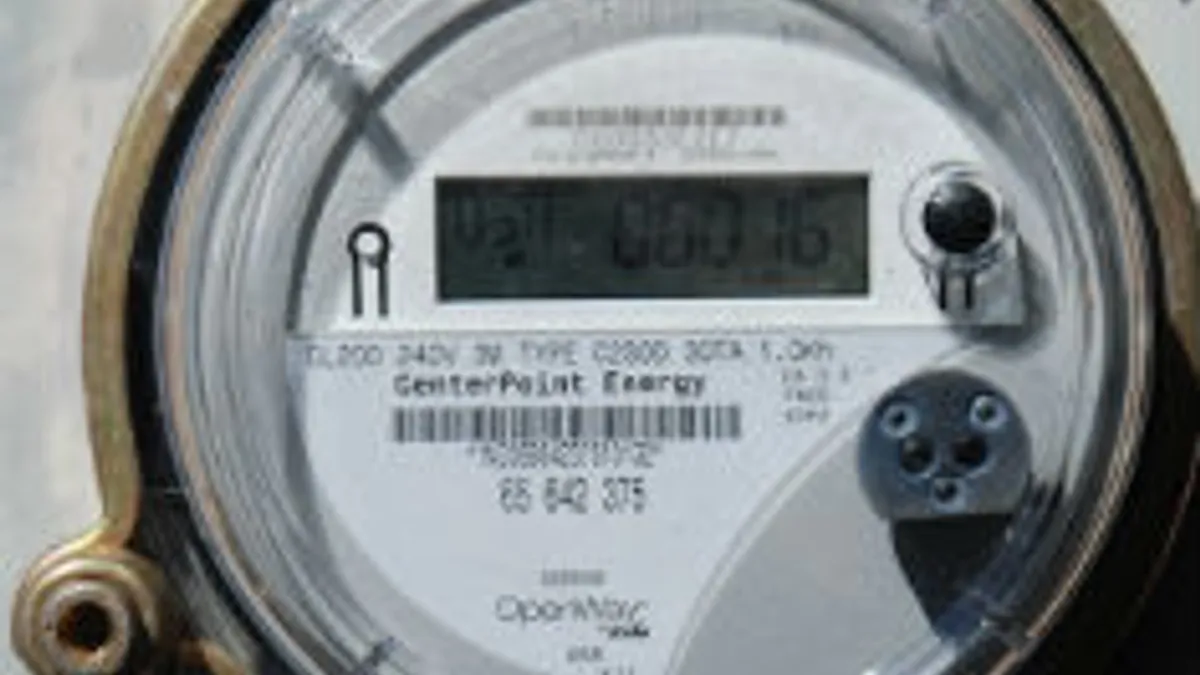Dive Summary:
- Northeast Group released a report Monday, assessing the Southeast Asia smart metering market and predicting that it will be worth $6.9 billion by 2022.
- The report covered Singapore, Thailand, Malaysia, Indonesia, the Philippines, Vietnam, Cambodia and Laos, looking at five sub-segments of the AMI market, which included meter hardware, communications, IT, professional services, and installation.
- The announcement credited the anticipated market growth to GDP growth rates and resulting demand for electricity.
From the press release:
The smart metering market in Southeast Asia will reach $6.9 billion by 2022, according to a new study released today by Northeast Group, LLC. The study Southeast Asia Smart Grid: Market Forecast (2012-2022) forecasts the growth of advanced metering infrastructure (AMI), or smart metering, in eight Southeast Asian countries over the next decade. It also provides details on additional smart grid projects taking place in the region. The majority of Southeast Asia's smart grid activity will take place in the second half of the forecast period, after strong GDP growth rates have further increased electricity consumption. Already, domestic and international smart grid vendors are positioning themselves in the region to capitalize on the projected growth in the market.
"Southeast Asia's potential for smart grid is largely driven by high projected GDP growth rates which will boost electricity demand," according to Northeast Group. "Southeast Asian economies are forecast to grow at an average of nearly 6% per year throughout this decade despite the slowdown in other regions of the world. Southeast Asia's swift growth creates both challenges and opportunities for its electric infrastructure."
Chief among the challenges are concerns that unreliable electric infrastructure and rising energy costs could dampen overall economic growth potential. Countries such as Indonesia and the Philippines are scrambling to add peak electric generation capacity, while in many countries the existing transmission and distribution grids are insufficient to meet growing demand. Power outages are already commonplace and likely to increase if new infrastructure is not deployed. Meanwhile, dependence on foreign sources of fuel introduces price risks to customers—and in many cases the governments that subsidize their power.
"Rising electricity demand due to GDP growth presents unique challenges for Southeast Asia," Northeast Group continued. "But the financial flexibility that growth provides also creates opportunities. Southeast Asian countries are expected to invest more than $50 billion per year in overall infrastructure in the next few years, with a significant portion allocated to the power and utility sector. Investments in smart grid will be a critical component of these expenditures. They will help manage electricity demand growth, improve reliability, and increase the share of domestic renewable sources of energy in the generation mix."
Indeed, smart grid activity is already picking up, led by the developed economy of Singapore, which has plans for a full smart meter deployment. Pilot projects are also already in development in Thailand and Malaysia, with additional projects under discussion in Indonesia and the Philippines. In anticipation of the increased activity, domestic firms, international smart metering vendors, and communications providers are positioning themselves in the Southeast Asian smart grid market. In addition to smart metering, there are large opportunities for distribution automation vendors and even vendors for projects such as smart street lighting.
"The smart metering market is rapidly advancing in Southeast Asia. Low per-capita electricity consumption rates in many of these countries currently make large-scale deployments cost prohibitive, but that will quickly change in the coming years, as GDP growth remains high. Additionally, in some countries in the region, electricity theft rates are above average and can be best addressed with smart metering. Along with improved reliability, these factors show that the benefit potential of smart grid in Southeast Asia is quickly increasing. In response, the number of local firms in the market and partnerships between international and Southeast Asian metering vendors is expected to pick up in the medium term," added Northeast Group. ...














